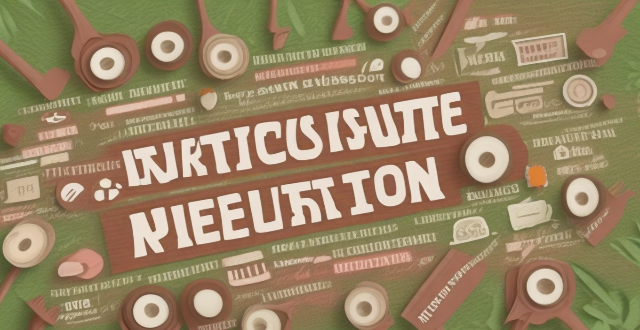The text discusses the issue of plastic pollution and its harmful effects on the environment and human health. It provides various methods to control this problem, including reducing plastic use, recycling properly, supporting eco-friendly brands, implementing government policies such as banning single-use plastics, promoting recycling infrastructure, and investing in research and development for sustainable alternatives to plastic. The text emphasizes that controlling plastic pollution requires collective efforts from individuals, businesses, and governments to achieve a cleaner and healthier environment for all living beings on Earth.

Most Effective Ways to Control Plastic Pollution
Introduction
Plastic pollution is a global environmental issue that affects marine life, wildlife, and human health. It is caused by the excessive use and improper disposal of plastic products. To control this problem, various methods can be employed, ranging from individual actions to government policies.
Individual Actions
Reduce Plastic Use
The first step towards controlling plastic pollution is to reduce our own plastic usage. This can be achieved by:
- Using reusable bags instead of single-use plastic bags.
- Switching to refillable water bottles instead of buying bottled water.
- Avoiding straws and using reusable ones.
Recycle Properly
Another effective way to control plastic pollution is by recycling properly. This includes:
- Separating recyclable plastics from non-recyclable ones.
- Following local recycling guidelines and regulations.
- Supporting businesses that use recycled materials in their products.
Support Eco-Friendly Brands
Supporting eco-friendly brands is also an effective way to reduce plastic pollution. This involves:
- Buying products from companies that prioritize sustainability.
- Looking for products with minimal packaging or made from biodegradable materials.
Government Policies
Ban Single-Use Plastics
Governments can play a significant role in controlling plastic pollution by implementing policies such as banning single-use plastics. This includes:
- Banning the production and sale of single-use plastic bags.
- Restricting the use of plastic straws and utensils.
- Encouraging the use of alternative materials like paper or bamboo.
Promote Recycling Infrastructure
Another effective policy is promoting recycling infrastructure. This involves:
- Building more recycling facilities and collection points.
- Providing incentives for businesses to use recycled materials.
- Educating citizens about proper recycling practices.
Invest in Research and Development
Investing in research and development is crucial for finding sustainable alternatives to plastic. This includes:
- Funding research on biodegradable materials.
- Supporting innovations in waste management technology.
- Collaborating with universities and research institutions to find new solutions.
Conclusion
Controlling plastic pollution requires collective efforts from individuals, businesses, and governments. By reducing our own plastic usage, recycling properly, supporting eco-friendly brands, implementing government policies, and investing in research and development, we can work towards a cleaner and healthier environment for all living beings on Earth.